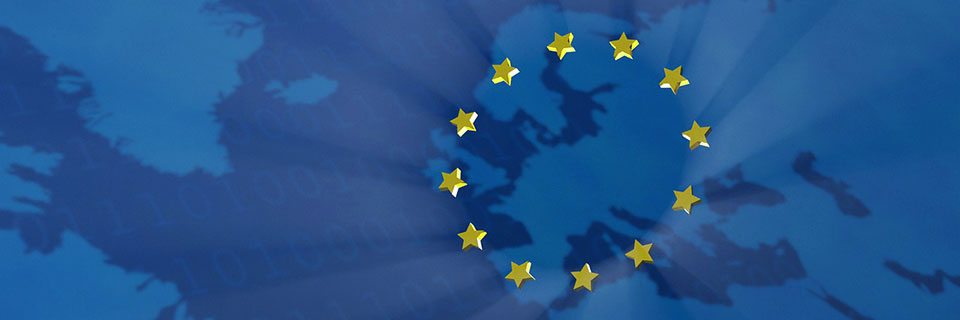In December 2021, the European Commission (EC) published its draft Council Directive laying down rules to prevent the misuse of shell entities for tax purposes and amending Directive 2011/16/EU (the Directive).
According to the EC, some businesses direct their income to shell entities registered in jurisdictions that have no or very low taxes, or ‘where taxes can easily be circumvented’. Individuals can also use shell entities to shield assets and real estate from taxes, either in their country of residence or in the country where the property is located. Such organisations usually have little substance in the jurisdiction where they are officially based.
The new proposal, to be implemented as the third revision of the EU Anti-Tax Avoidance Directive (ATAD), was originally announced in May 2021 and put out to consultation. STEP was one of the many organisations that responded.
The measures set out in the draft Directive fall into two categories: a set of indicators for deciding whether a given entity is or is not a shell and a set of sanctions to be applied to companies deemed to be shells.
The proposed indicators take the form of three 'gateways', relating to an entity's income-generating activities, its cross-border involvement and how much of its work is outsourced to others. The activities gateway is met if more than 75 per cent of an entity's total revenue does not come from trading activity or if more than 75 per cent of its assets are real estate property or other private property of particularly high value. The cross-border gateway is met if the entity receives most of its relevant income through transactions linked to another jurisdiction or passes this income on to other companies situated abroad...
Login to see the whole story
For business consultation, please contact us








